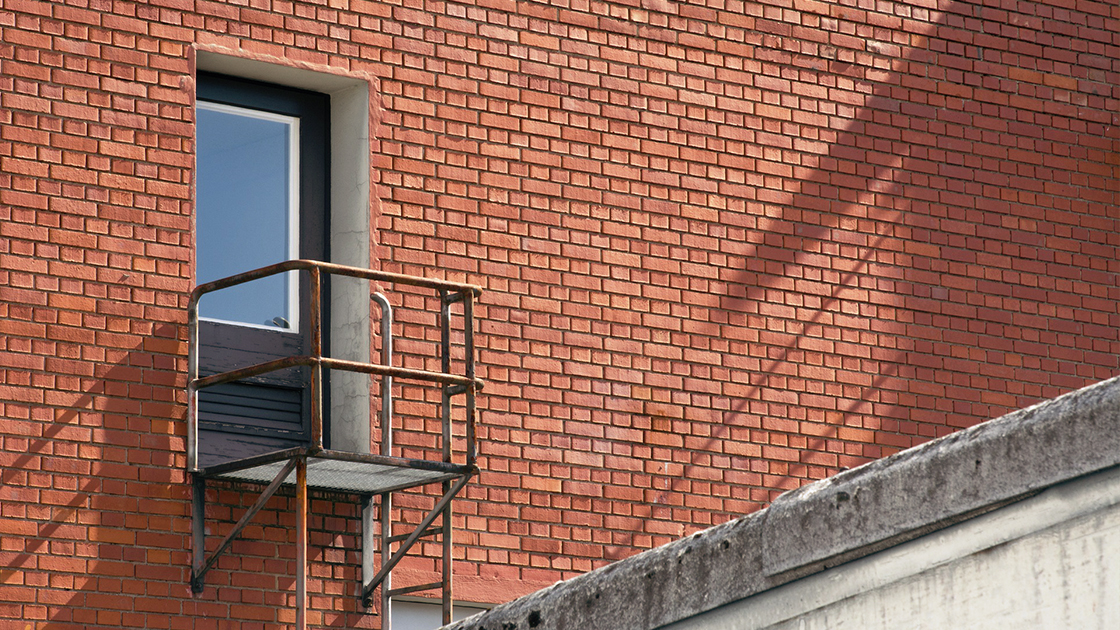Disaster Planning Your Strata
Strata companies in Sydney can sometimes be thrown under the bus by residents and local community groups when disaster strikes.
Often, the strata management service or the community does not understand what the responsibilities are for different organisational groups that inhabit, manage or own the building at hand.
Don’t be misinformed or kept in the dark! Strata corporations must understand their duties, roles and responsibilities.
Having a clear list of duties and accountabilities during emergencies and disasters help avoid blame and confusion and, in severe cases, legal action.
Keep reading to learn more about the roles and responsibilities of strata management in general disaster cases.
Common strata disasters
Sydney’s weather can be unpredictable, but so can residents!
Sometimes, Sydney’s intense summer sun can impact the safety of your building. There instances when residents can throw something flammable in the communal skip bin and cause a fire hazard.
Even with adequate waterproofing, flooding, leaking, pipe bursts, and mould can damage your property.
Still, residents can fall asleep with the bathtub running or flood areas that generally shouldn’t get wet.

Strata management services deal with minor and major incidents frequently.
Occasionally, blame can mistakenly fall on strata managers. This is due to misunderstanding in the duties and responsibilities of the various roles involved when dealing with disaster management.
Some of the most common disaster scenarios that cause confusion in responsibilities are fire hazards, flooding and DIY disasters.
Residents in the community can volunteer to “fix” or “improve” an aspect of your building in the common areas or gardens.
If they are injured or damage the property further in this situation, there could be confusion about who is responsible.
Put simply, a strata manager’s role is to guarantee that the building is insured, compliant with local laws, and is being maintained. They also make certain that the properties’ administration is up-to-date and accurate.
To better understand the duties of a strata manager, read our blog here.
What are the responsibilities of strata in disaster scenarios?
Every situation is different and will need to be examined thoroughly at the time of the incident.
Generally speaking, all strata-title properties, including residential buildings, are required to carry out fire safety inspections annually.
This inspection ensures evacuation routes are clear of obstructions and that all fire-safety installations are tested and in working order.
In commercial strata settings, typical safety measures include:
- Evacuation signage
- Fire and evacuation plans
- Emergency safety plans
- Staff training
These same safety procedures can be applied to a residential building if the owners’ committee believes it’s a good idea and that it would get co-operation from the lot owners.
A fire and evacuation plan lays out the roles, responsibilities and required actions for a building’s key personnel, employees and tenants. It should be simple, effective and generic in nature.

Strata buildings are complex with water pipes, wiring, and ducts hidden in walls, floors, and roof spaces to make the property safe and aesthetically appealing.
But when there’s a leak, who pays for the water damage?
It can be challenging to determine the source of a leak and thus, where the responsibility lies.
Where water ingress can be traced to common property, the strata should rectify it. This often cannot be determined without the assessment of a plumber, engineer or other professional.
Both the strata and the lot owners have responsibilities to maintain their respective parts of the complex in good condition. Lot owners and tenants should be vigilant about even minor-seeming things like a dripping tap.
Strata management should have a proactive maintenance plan in place so water ingress can be addressed before they become a problem and cause any real water damage or flooding.
It is common in resident strata complexes for occupants to volunteer their services for odd jobs around the property.
However, what can seem like a harmless money-saving solution can be the cause of problematic insurance issues when not managed correctly.
Before using volunteer services, strata management needs to make sure residents, and any other volunteers are fully informed of what is covered under their insurance policies.
There are many incidents reported that involve well-intentioned volunteers not being covered for an accident or injury caused by carrying out works due to strata insurance policies, which generally work to exclude volunteer work.
To summarise, get a written request from the resident, confirm the volunteer work is recorded and make sure there is no payment of any kind.
At Strata & Co, we believe in “Strata made Simple”, with a quick 24-hr enquiry turnaround and the best strata management services in Sydney guaranteed.
Call Strata & Co today on 1300 033 947 to talk about your strata management needs.

REQUEST AN OBLIGATION FREE QUOTE
We offer the best prices guaranteed, responsive team members and comprehensive services. You know you are in good hands with Strata & Co!





